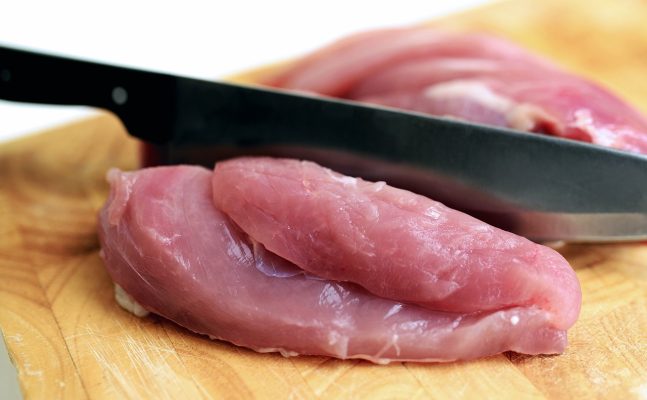 The United States Department of Agriculture has announced a recall of almost 10 million pounds of meat and poultry produced by BrucePac, which makes pre-cooked meat, due to concerns that it is contaminated with listeria monocytogenes. A routine test found evidence of the listeria on BrucePac’s product and, importantly, when consumed, contaminated meat can result in a listeriosis. This recall impacts many grocery stores around the country, including Trader Joe’s, Aldi, Amazon, Target, Public, and Walmart. If you developed listeria after eating meat, you may have a claim and should call the trustworthy Chicago-based food safety lawyers of Moll Law Group. We represent clients nationwide and billions have been recovered in cases with which we’ve been involved.
The United States Department of Agriculture has announced a recall of almost 10 million pounds of meat and poultry produced by BrucePac, which makes pre-cooked meat, due to concerns that it is contaminated with listeria monocytogenes. A routine test found evidence of the listeria on BrucePac’s product and, importantly, when consumed, contaminated meat can result in a listeriosis. This recall impacts many grocery stores around the country, including Trader Joe’s, Aldi, Amazon, Target, Public, and Walmart. If you developed listeria after eating meat, you may have a claim and should call the trustworthy Chicago-based food safety lawyers of Moll Law Group. We represent clients nationwide and billions have been recovered in cases with which we’ve been involved.
Call Moll Law Group About Your Listeria Claim
At first, the USDA and BrucePac warned that about 9,986,245 pounds of meat and poultry that were being recalled. These products had gone to distributors, stores, and restaurants around the country. The USDA has since released a 326-page list of the affected food items, brands, and particular retailers. According to the list, the meats are sold not only individually but are also included in various pre-packaged food items, like frozen food and like salads, sandwiches, and wraps, which are the primary preparations that have been impacted. With affected products, you’ll see establishment numbers “51205” or “P-51205” inside or under a USDA mark of inspection.
Some of the stores affected by the recall are Albertson’s, Kroger, Walmart, Publix, Target, Amazon Fresh, Aldi, Trader Joe’s, 7-Eleven, Meijer, H-E-B, Giant Eagle, Save Mart, and Wegmans. Products affected include Rao’s, Fresh Express, Michael Angelo’s, Dole, Atkins, Jenny Craig, Amazon Kitchen, Taylor Farms, Giant Eagle brand, El Monterey, Don Pancho’s, Ready Meals, Kroger brand, H-E-B brand, RaceTrac brand, Raley’s, Home Chef, Meijer brand, Trader Joe’s brand, Wegman’s brand Udi’s, Red’s, Great Value, Gordon Choice, Good & Gather, Michelina’s, Little Salad Bar, Signature Select, Amazon Fresh, Marketside, Whitson’s Culinary Group, and Contessa Premium Foods. If you’ve bought these products but not consumed them yet, the USDA advises not to eat them and either throw them out or return them to where you bought them. Retailers are advised similarly. It’s important to look closely at the labels as the meat may have been processed elsewhere.
Continue reading →
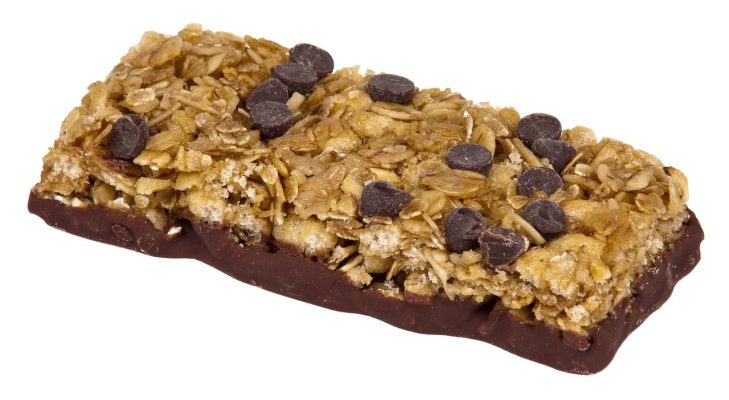 4, the Chicago-based company Riverside Natural Foods voluntarily recalled over 2.4 million cases of the popular MadeGood granola bars because of the potential presence of metal in the bars. These bars have been sold across the country. If you were harmed by unsafe food call the seasoned Chicago-based attorneys of Moll Law Group to find out your legal options. Billions have been recovered in cases with which we’ve been involved.
4, the Chicago-based company Riverside Natural Foods voluntarily recalled over 2.4 million cases of the popular MadeGood granola bars because of the potential presence of metal in the bars. These bars have been sold across the country. If you were harmed by unsafe food call the seasoned Chicago-based attorneys of Moll Law Group to find out your legal options. Billions have been recovered in cases with which we’ve been involved. Illinois Injury and Mass Tort Lawyer Blog
Illinois Injury and Mass Tort Lawyer Blog


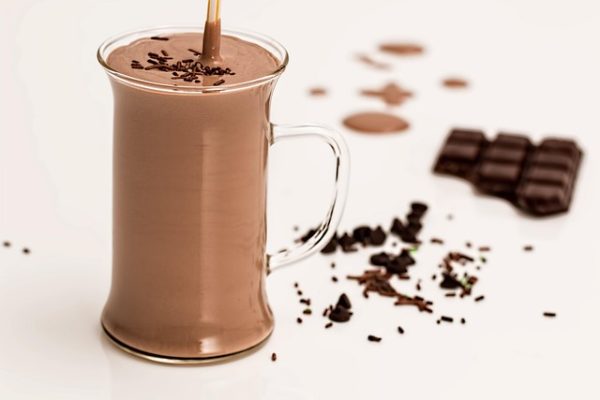 A multistate outbreak of listeria monocytogenes has impacted frozen supplement shakes made by Prairie Farms. As of February 21, 2025, 38 people have been infected by the outbreak across 21 states. On February 22, 2025, Lyons Magnus LLC
A multistate outbreak of listeria monocytogenes has impacted frozen supplement shakes made by Prairie Farms. As of February 21, 2025, 38 people have been infected by the outbreak across 21 states. On February 22, 2025, Lyons Magnus LLC 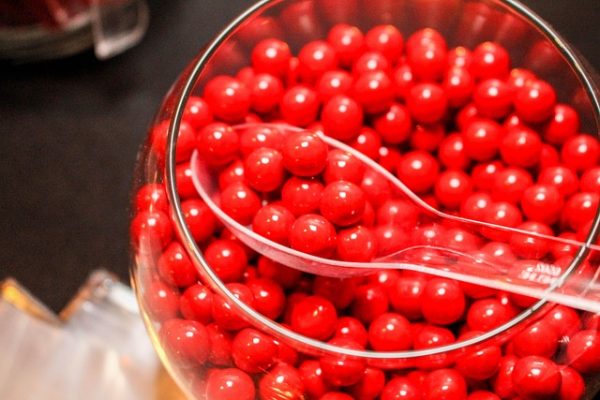 Red No. 3 is used as bright red artificial coloring in candy, cereal, fruit cocktails, strawberry-flavored milkshakes, and other foods and beverages. It’s ubiquitous. And so it’s alarming that data has surfaced that the dye can cause cancer in lab animals; specifically, evidence reveals that lab male rats exposed to heightened
Red No. 3 is used as bright red artificial coloring in candy, cereal, fruit cocktails, strawberry-flavored milkshakes, and other foods and beverages. It’s ubiquitous. And so it’s alarming that data has surfaced that the dye can cause cancer in lab animals; specifically, evidence reveals that lab male rats exposed to heightened 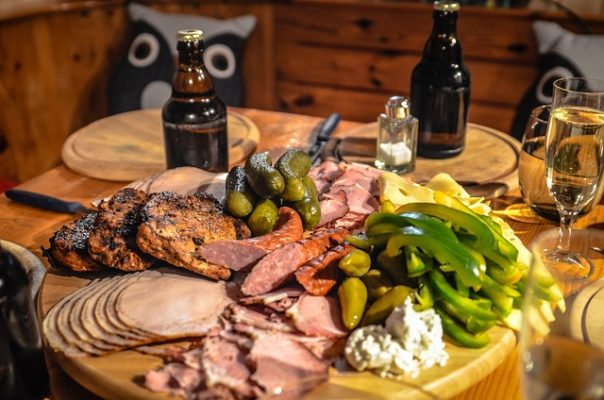 Last July, Boar’s Head
Last July, Boar’s Head 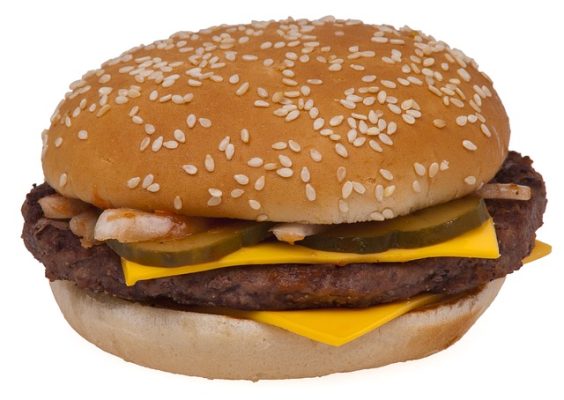 Due to an
Due to an  The United States Department of Agriculture has
The United States Department of Agriculture has  During recycling, according to a recent study,
During recycling, according to a recent study,  A new study has found that dark chocolate and other similar cocoa items are contaminated with cadmium and lead. These metals are neurotoxins and they’ve been linked to developmental issues in children, chronic diseases, and cancer. In a sense, because they are in the soil where crops are grown, these heavy metals are present in many different agricultural products, but some crops are more contaminated because there is excessive use of metal-containing fertilizers or proximity to pollution. Chocolate is grown on land that is less contaminated and where fewer pesticides are used. Yet, the journal Frontiers in Nutrition has found that organic dark chocolate—so often recommended by health magazines for certain beneficial properties—contains some of the highest levels of cadmium and lead. If you believe you or your child was harmed by
A new study has found that dark chocolate and other similar cocoa items are contaminated with cadmium and lead. These metals are neurotoxins and they’ve been linked to developmental issues in children, chronic diseases, and cancer. In a sense, because they are in the soil where crops are grown, these heavy metals are present in many different agricultural products, but some crops are more contaminated because there is excessive use of metal-containing fertilizers or proximity to pollution. Chocolate is grown on land that is less contaminated and where fewer pesticides are used. Yet, the journal Frontiers in Nutrition has found that organic dark chocolate—so often recommended by health magazines for certain beneficial properties—contains some of the highest levels of cadmium and lead. If you believe you or your child was harmed by  Manufacturer Kraft Heinz discovered that one of the machines that individually wraps Kraft Singles American processed cheese slices permits thin strips of film to say on the slices even after removal of the wrapper. The food company announced a
Manufacturer Kraft Heinz discovered that one of the machines that individually wraps Kraft Singles American processed cheese slices permits thin strips of film to say on the slices even after removal of the wrapper. The food company announced a 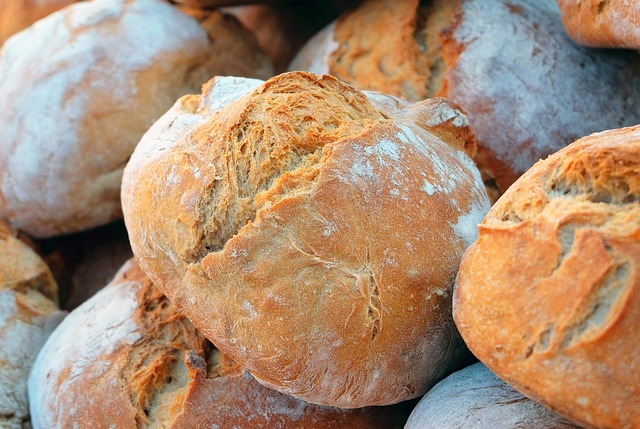 Recently, a food additives
Recently, a food additives